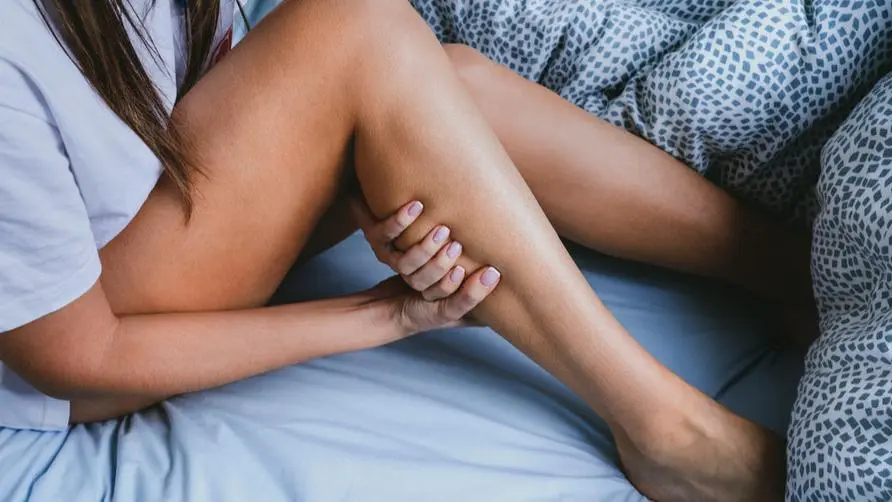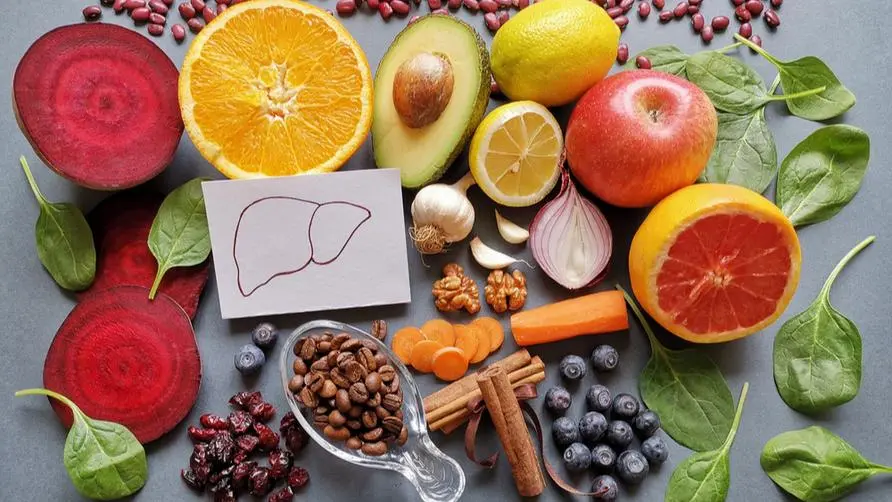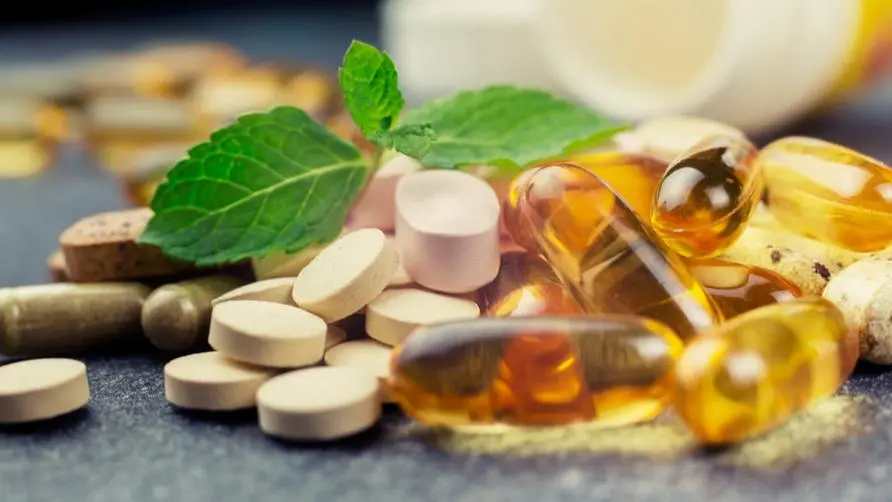Do you always have cold hands and feet in winter? Nutritionists recommend "9 sweat-inducing foods": after eating them, you will become a "walking heater" in seconds

Do you always feel “cold hands and feet” when the cold snap comes? Nutritionists urge: Eat more “9 sweat-producing foods”
When the cold snap hits, it’s easy to get cold hands and feet in winter. Can you actually rely on diet to relieve this? Nutritionist Gao Minmin stated in a social post that in fact, there are many foods in life that can help produce heat. Nine of them are not only easy to obtain, but can also promote blood circulation and improve the body’s metabolism. They have the effect of “bringing your own heater” :
Old ginger. Ginger is rich in “shogaol”, a nutrient that can warm the body. People may wish to drink more clam ginger soup and hot ginger tea on cold days to help warm the body.
Chili. “Capsaicin” is the source of the spiciness of chili peppers. The higher the spiciness, the more the body will feel hot. Capsaicin also helps promote blood circulation. People who are more afraid of cold can eat spicy food in moderation to help perspire. However, those with sensitive gastrointestinal tracts are advised to avoid eating spicy food on an empty stomach.
Black pepper. Rich in “piperine”, it can help dispel cold and keep warm; not only that, black pepper can also help inhibit fat synthesis. Therefore, those who lose weight can use black pepper to season food instead of salt, MSG, soy sauce, etc.
Turmeric. It is a strong antioxidant and rich in “curcumin”, which helps the body produce heat and improve metabolism. Turmeric is also rich in iron, which can promote blood circulation.
Garlic. Allicin helps blood circulation and increases metabolism. It is recommended to wait 15 minutes after crushing garlic before eating. Garlic can also be integrated into cooking, such as garlic chicken soup, garlic stir-fry, etc.
Chives. Leeks are spicy ingredients that can help blood circulation. Therefore, it is recommended not only for people who are afraid of cold, but also for people with cardiovascular disease and high blood pressure to consume it in moderation.
Hot black tea. The “theaflavins” in black tea can promote energy metabolism and maintain body temperature. Studies have pointed out that when drinking hot black tea, the body temperature drops slowly and the feeling of warmth can be effectively prolonged.
More than 70% chocolate. Although chocolate is a sweet, more than 70% of dark chocolate contains less added sugar; and it is rich in “cocoa polyphenols”, “flavonoids” and “theobromine”, which respectively maintain body circulation and increase cerebral blood flow. and assisting in regulating emotions.
Cinnamon. Cinnamon contains “cinnamaldehyde”, which helps the body produce heat and increase body temperature. If you are a coffee drinker, you can add an appropriate amount of cinnamon powder to hot latte or cappuccino to help warm you up.
Is the “sandwich style” warmer than the onion style? It’s no use no matter how much you wear if you don’t protect “two parts” when you go out?
In addition to diet, Gao Min Min nutritionist also reminds the public that when a cold wave hits, they should also take the following measures to help maintain body temperature and avoid catching cold:
Drink less alcohol/espresso. Alcohol causes blood vessels to dilate. Although you feel warm at first, the cold feeling will be more severe after you stop drinking. Excessive caffeine intake can easily lead to vasoconstriction and cold hands and feet.
Master the principle of “sandwich dressing”. Many people think that wearing a jacket means keeping warm, so they often only wear a short-sleeved shirt as the innermost layer of clothing. In fact, “sandwich” is more helpful to keep out the cold. The clothes from the inside out should be: cotton-padded inner layer, sweater, windproof and waterproof jacket.
Keep your neck and ears warm. In many cases of sudden death in winter, it is often found that the neck and ears are not properly warmed. These seemingly unimportant places actually have many sympathetic nerves and blood vessels, and the ears have no fat for warmth. Therefore, it is recommended to wear a scarf and earmuffs to keep out the cold when going out, especially if there are elders at home.
Be careful when going out for exercise. High-risk groups who have been advised by doctors, such as patients with high blood pressure and cardiovascular disease, are reminded to avoid activities such as hiking alone, bathing in hot springs, and other activities that are easy to leave people. People with exercise habits should also avoid the cold and high-risk periods in the morning and evening.
Finally, nutritionist Gao Minmin appeals that blood vessels in the human body are like “an ocean with hundreds of rivers”. If you unscrupulously consume fried, heavy-flavored or sweet foods in winter, long-term accumulation of fat in the blood vessel walls may cause early hardening, aging, and Blockage may break out one day and cause irreversible tragedy. Therefore, in winter, we should not only “keep in good health” but also “keep in good health” to help ourselves survive the cold period safely.
Further reading:





